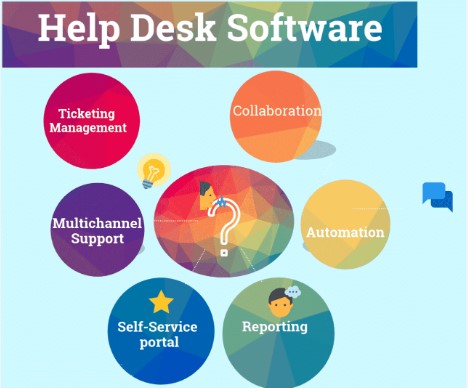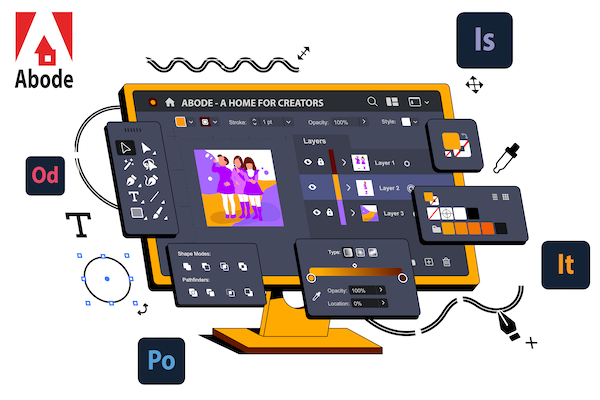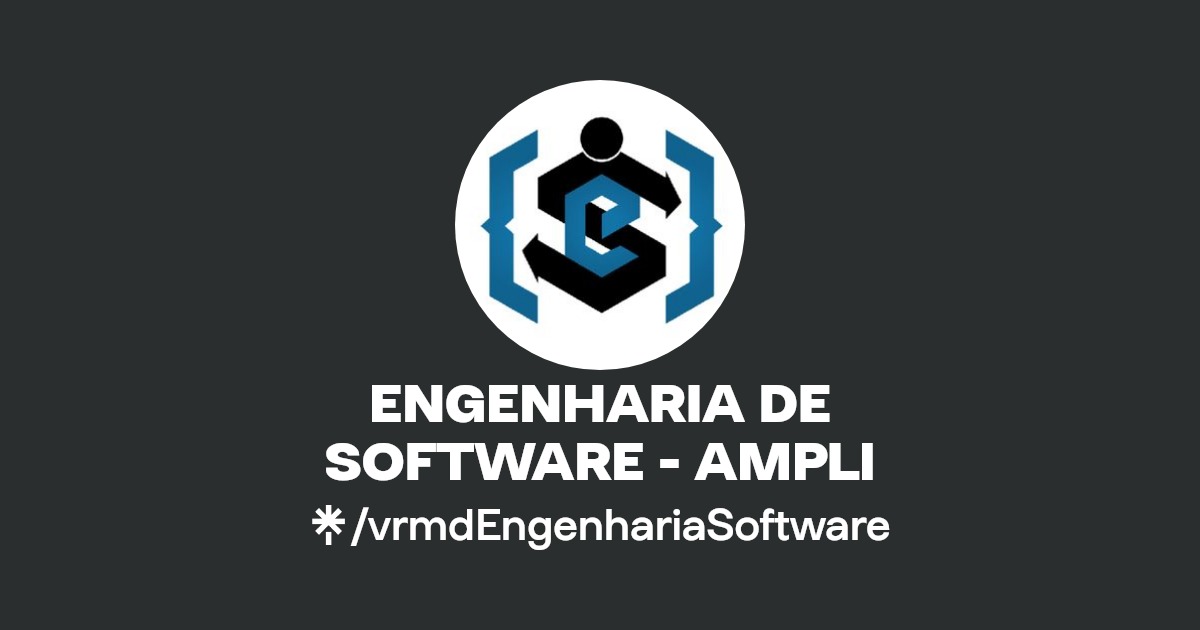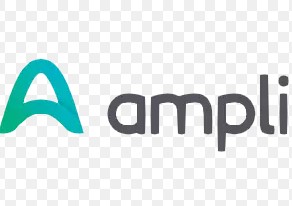Exploring Open Help Desk Software: A Comprehensive Guide

In today’s digital landscape, customer service is paramount for businesses aiming to maintain satisfied clientele and foster lasting relationships.
Open help desk software emerges as a pivotal tool in this endeavor, offering organizations the means to efficiently manage customer inquiries, streamline support processes, and enhance overall user experience.
In this comprehensive guide, we delve into the realm of open help desk software, examining its functionalities, benefits, and notable options available.
Understanding Open Help Desk Software
What is Open Help Desk Software?
Open help desk software refers to a category of applications designed to facilitate customer support operations by enabling businesses to manage, track, and resolve customer inquiries and issues effectively. Unlike proprietary solutions, open help desk software is characterized by its open-source nature, granting users the freedom to access, modify, and distribute the software’s source code as per their requirements.
Key Features of Open Help Desk Software
Ticket Management
Central to open help desk software is its robust ticket management system, allowing support agents to create, assign, prioritize, and track customer tickets from inception to resolution efficiently.
Knowledge Base
Many open help desk solutions offer a knowledge base feature, empowering users to access a repository of articles, FAQs, and troubleshooting guides to address common inquiries and issues independently.
Automation and Workflow Customization
Automation capabilities streamline repetitive tasks, such as ticket routing and escalation, while flexible workflow customization options enable organizations to tailor the help desk system to their unique processes and requirements.
Reporting and Analytics
Comprehensive reporting and analytics tools provide valuable insights into support performance, ticket trends, customer satisfaction levels, and resource utilization, facilitating data-driven decision-making and continuous improvement initiatives.
Advantages of Open Help Desk Software
Cost-Effectiveness
One of the primary advantages of open help desk software is its cost-effectiveness, as organizations can leverage open-source solutions without incurring hefty licensing fees or subscription costs typically associated with proprietary alternatives.
Customizability and Flexibility
Open help desk software offers unparalleled customizability and flexibility, allowing businesses to adapt the software to their specific workflows, branding guidelines, and integration requirements, thereby fostering seamless integration with existing systems and processes.
Community Support and Collaboration
The vibrant open-source community surrounding many help desk solutions fosters collaboration, knowledge sharing, and continuous innovation, enabling users to benefit from peer-reviewed enhancements, community-contributed plugins, and timely support resources.
Security and Transparency
With open help desk software, users benefit from enhanced security and transparency, as the open-source nature of the software enables peer review of the source code, vulnerability identification, and rapid resolution of security issues by the community.
Popular Open Help Desk Software Options
1. OTRS
OTRS, an acronym for “Open Ticket Request System,” is a widely recognized open-source help desk software trusted by organizations worldwide for its comprehensive feature set, scalability, and robust performance.
2. osTicket
osTicket stands out as a user-friendly and feature-rich open-source ticketing system, offering organizations a scalable solution for managing customer inquiries and support requests effectively.
3. Zammad
Zammad is an open-source help desk and customer support platform renowned for its intuitive interface, multichannel support capabilities, and extensive integration options, empowering organizations to deliver exceptional customer service experiences.
4. Request Tracker (RT)
Request Tracker (RT) is a powerful open-source ticketing system renowned for its flexibility, extensibility, and automation capabilities, making it an ideal choice for organizations seeking a customizable and scalable help desk solution.
Conclusion
Open help desk software represents a compelling solution for businesses seeking to optimize their customer support operations while minimizing costs and maximizing flexibility.
With a diverse range of features, benefits, and notable options available, organizations can leverage open help desk software to streamline ticket management, enhance customer satisfaction, and drive operational efficiency in today’s dynamic business environment.
By embracing the principles of openness, collaboration, and innovation, businesses can harness the full potential of open help desk software to deliver unparalleled support experiences and establish enduring relationships with their customers.
Implementing Open Help Desk Software: Best Practices
Implementing open help desk software requires careful planning and execution to ensure seamless integration, user adoption, and optimal performance. Here are some best practices to consider:
1. Define Clear Objectives and Requirements
Before selecting an open help desk software solution, define clear objectives and requirements based on your organization’s unique needs, customer support workflows, integration preferences, and scalability considerations.
2. Conduct Thorough Evaluation and Testing
Evaluate multiple open help desk software options based on key criteria such as feature set, usability, scalability, community support, and security. Conduct thorough testing and pilot projects to assess the software’s suitability and compatibility with your organization’s infrastructure and workflows.
3. Customize and Configure Appropriately
Take advantage of customization and configuration options available within the open help desk software to align the system with your organization’s branding guidelines, support processes, ticket categorization schemes, SLA requirements, and reporting preferences.
4. Provide Comprehensive Training and Support
Invest in comprehensive training and support resources to empower support agents, administrators, and end-users with the knowledge and skills needed to leverage the full potential of the open help desk software effectively. Offer ongoing training sessions, documentation, and user forums to facilitate continuous learning and proficiency development.
5. Foster Collaboration and Feedback
Encourage collaboration and feedback among stakeholders, support teams, and the open-source community to exchange best practices, share insights, address challenges, and contribute to the ongoing enhancement and evolution of the open help desk software ecosystem.
6. Monitor Performance and Iterate
Implement robust monitoring and performance tracking mechanisms to monitor key metrics such as ticket volumes, response times, resolution rates, customer satisfaction scores, and resource utilization. Leverage insights gleaned from performance metrics to identify areas for improvement, refine workflows, and implement iterative enhancements to optimize support operations continually.
7. Stay Engaged with Updates and Security Patches
Stay proactive and vigilant in staying abreast of software updates, security patches, and community-contributed enhancements released by the open help desk software providers and the broader open-source community. Regularly apply updates and patches to ensure the security, stability, and performance of your help desk system while benefiting from the latest features and improvements.
Embracing the Future of Customer Support
As businesses navigate the evolving landscape of customer support and service delivery, open help desk software emerges as a cornerstone of modern support operations, offering unparalleled flexibility, scalability, and cost-effectiveness.
By embracing open-source principles, fostering collaboration, and leveraging the collective wisdom of the community, organizations can harness the transformative power of open help desk software to elevate customer experiences, drive operational efficiency, and achieve sustainable growth in today’s competitive marketplace.
With a strategic approach to implementation, ongoing optimization, and user engagement, businesses can unlock the full potential of open help desk software to cultivate enduring customer relationships, inspire loyalty, and differentiate themselves as industry leaders committed to excellence in customer service and support.




